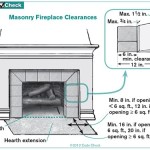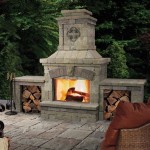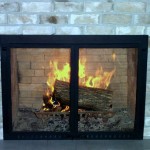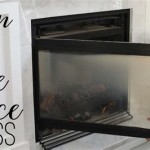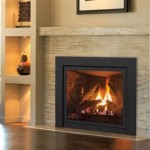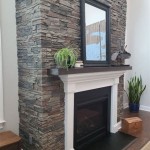Add a Fireplace to Your Home: Essential Considerations
Fireplaces are a classic and timeless addition to any home, providing warmth, ambiance, and a touch of elegance. Adding a fireplace can significantly enhance the value and enjoyment of your living space. However, before embarking on this project, it is crucial to consider several key aspects to ensure a successful outcome.
Type of Fireplace
There are three main types of fireplaces: wood-burning, gas-burning, and electric. Wood-burning fireplaces provide the most authentic and cozy experience, but they require firewood and regular maintenance. Gas-burning fireplaces are convenient and easy to use, offering realistic flames and the ability to control heat output. Electric fireplaces do not produce any smoke or fumes, making them a suitable option for apartments or homes with limited ventilation.
Location and Ventilation
When selecting the location for your fireplace, consider factors such as traffic flow, furniture placement, and proximity to existing walls and windows. It is crucial to ensure proper ventilation by installing a chimney or vent to remove exhaust gases. The size and shape of the chimney or vent will depend on the type of fireplace and fuel used.
Building Codes and Permits
Before installing a fireplace, check local building codes and regulations to determine any specific requirements or permits needed. Failure to comply with building codes can lead to safety hazards or legal consequences. Additionally, if structural modifications are necessary, such as cutting into walls or ceilings, it is essential to consult with a qualified contractor or engineer.
Safety Features
Fireplaces can be a potential fire hazard if not properly installed and maintained. Consider safety features such as fire screens or glass doors to prevent sparks or embers from escaping. Regularly clean the chimney or vent to remove any soot or debris buildup that could obstruct airflow and increase the risk of fire. Additionally, install smoke and carbon monoxide detectors in the vicinity of the fireplace for added safety.
Maintenance and Upkeep
Fireplaces require regular maintenance to ensure optimal performance and longevity. Wood-burning fireplaces need to be cleaned periodically to remove ash and creosote buildup. Gas-burning fireplaces typically require less maintenance but should be inspected and serviced annually by a qualified technician. Electric fireplaces require minimal maintenance but may need occasional cleaning to remove dust or debris.
By carefully considering these essential aspects, you can enhance your home with a fireplace that provides warmth, ambiance, and increased value. Remember to engage the services of reputable contractors, adhere to building codes, prioritize safety, and maintain your fireplace regularly to enjoy its beauty and benefits for years to come.

Adding A Fireplace To Existing Home Where For Fireplaces

Does A Fireplace Add Value To House Vertical Chimney Care

Adding A Gas Fireplace To 100 Year Old Home Homeowner S Perspecti Fireside Hearth

Installing A New Fireplace Albers Fire Places

Does A Fireplace Add Value To Home

Does A Fireplace Add Re Value To Your Home Experts

Things To Consider If You Want Add A Fireplace During Your Home Remodeling

Why Add A Fireplace To Your Living Room Blog Realm Of Design

5 Reasons To Add A Fireplace Your Home

Fireplace Ideas To Add Style Your Home Hammerschmidt Construction
Related Posts



